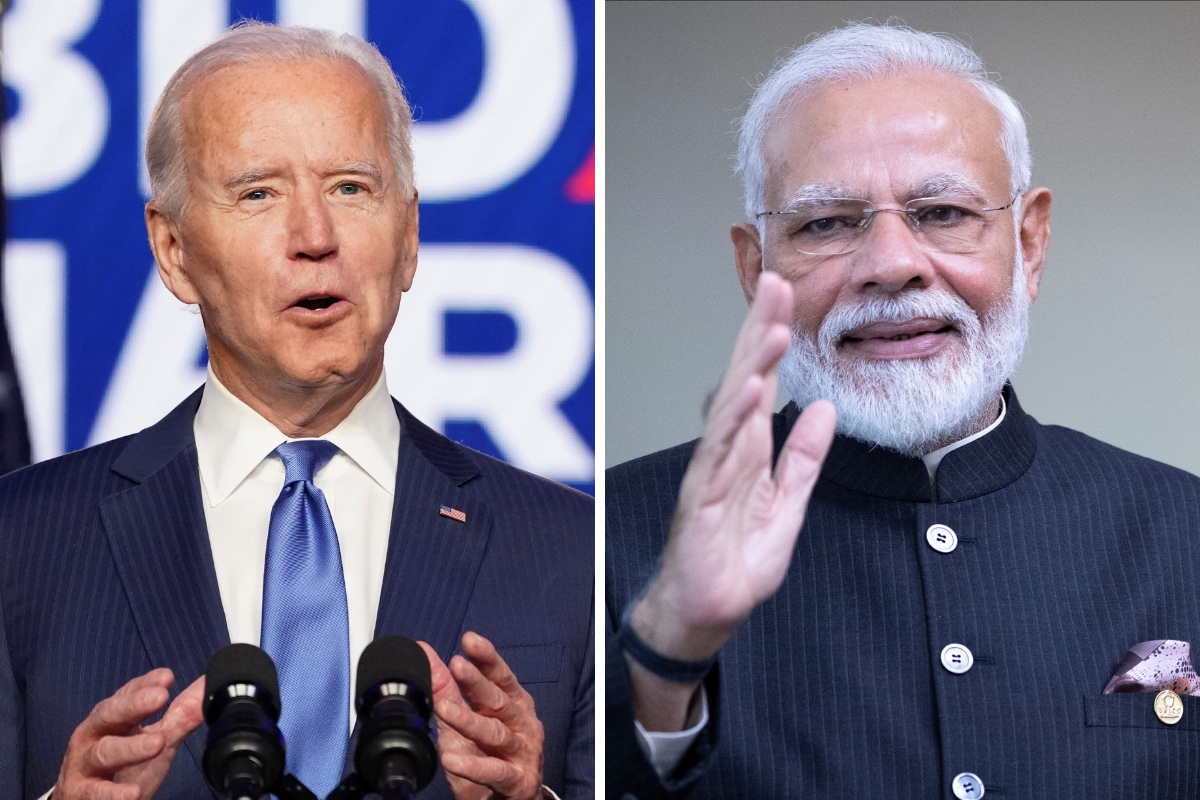
A close and contested race for the US election is led by the Democrats. Joe Biden is the new president of the United States of America. So, is India ready to grapple with a new administration after the frank sympathy between outgoing President Donald Trump and Prime Minister Narendra Modi?
Sensing the mood on the ground, India has been preparing for a possible change in the White House. India’s ambassador to the United States, Taranjit Singh Sandhu, has been holding meetings with congressmen from the Democratic Party. Some of these meetings were public knowledge, others were behind the scenes.
India’s mission to the United States engaged two crucial men of Indian descent who were part of the Obama administration in the past: Vivek H Murthy and Raj Shah. Murthy has also played a pivotal role in Biden’s campaign and is expected to land a position in his administration as well. Murthy was Obama’s youngest surgeon general in 2014.
Rajiv ‘Raj’ Shah also played an important role in the Obama administration and is considered important to be able to push forward India-focused initiatives with the new administration if necessary. He served as Assistant Secretary for Research, Education, and Economics, and as Chief Scientist at the United States Department of Agriculture. He also served as the 16th Administrator of the United States Agency for International Development (USAID) until 2015.
Ambassador Sandhu has also engaged with the Congressional Black Caucus. This group of African American members of Congress included Kamala Harris. Harris is biracial with a Jamaican father and an Indian mother.
Some of Sandhu’s publicly announced meetings in the past six months were also with Democrats. He met with the Speaker of the House of Representatives Foreign Affairs, Eliot Engel, in July. After the meeting, he tweeted that Engel is “a strong advocate for US-India relations. We discussed the strategic partnership, as well as the scientific collaborations, particularly in the area of medicine and vaccines, and the avenues for further diversification ”.
He also met with the Indian-American Democrat in the House of Representatives Ami Bera, who was the chair of the Subcommittee for Asia. After their meeting, he said in a tweet, “Shared Insights on India’s Proactive COVID Approach and Enhanced India-US Partnership in Health, Science and Supply Chains.”
Ami Bera was promoted to win the election again and has, in fact, returned to the United States Congress.
In addition to Bera, the Indian-born Democratic candidate Pramila Jaypal has also been re-elected to the United States Congress. This relationship has not been particularly good for the Indian government. The discomfort became quite obvious when Foreign Minister S Jaishankar even refused to meet with a group of members of Congress last year during his visit to the United States because Jaypal introduced a resolution urging India to lift the restrictions in Kashmir after the repeal of article 370.
Jaishankar later said: “I am aware of that resolution. I don’t think it is a fair understanding of the situation at J&K or a fair characterization of what the Government of India is doing. I have no interest in meeting her. “
Democratic presidential hopefuls at the time Bernie Sanders and Elizabeth Warren had endorsed Jayapal. So did Senator Kamala Harris. Harris also said that they are closely watching the situation in Kashmir. Following this, the Citizenship Amendment Act also received a strong response from Democrats. The Democrats’ position sent a message to the Indian government that engaging with a potential Democratic president would not be so easy.
In addition, Prime Minister Modi’s slogan “Abki Baar, Trump Sarkar” at the Howdy Modi event in Houston last year was criticized by the opposition for creating potential problems for India if a Democratic candidate made it to the White House.
“Our relationship with the United States of America has always been bipartisan, vis-a-vis Republicans and Democrats. His active campaign for Trump is a violation of both India and the United States as sovereign nations and democracies, ”congressional leader Anand Sharma tweeted.
However the COVID-19 The pandemic, anti-China sentiment and the current tension in LAC changed the situation. The strategic partnership with India overcame all other problems for the United States.
The pandemic, anti-China sentiment and the current tension in LAC changed the situation. The strategic partnership with India overcame all other problems for the United States.
While the Trump administration showed open support for India, when asked if this would hold up in the event of an administration change, a senior US administration official told News18.com: “I fully hope I have no reason to believe that if there is a new administration after the next elections here in the United States, the policy towards India would change. I believe both parties are largely aligned with their interest in supporting and deepening the partnership. “
Indian government sources also said they believe the US approach to India has been and will continue to be bipartisan. They also pointed to statements made by Joe Biden since August 15 of this year. Addressing a virtual campaign event to mark India’s Independence Day, Biden had said that he would support India in tackling the threats it faces in its own region and along its borders. He also promised to expand trade and tackle challenges such as climate change together.
In fact, when Trump referred to the air in India as “dirty” in the last presidential debate in Nashville, Biden tweeted saying: “It is not about how you talk about friends or how you solve global challenges like climate change. “.
Sources point to all these signs as an indication that the Indian government will be able to establish a good working relationship with the Biden administration. Government sources have indicated that the commitment to the new administration will begin with the transition team, which will approach diplomats from various countries.
The transition team works for three months between the November elections and the January inauguration.
When Trump was elected president in 2016, then-Foreign Secretary S Jaishankar had gone to Washington DC in a few weeks to communicate with top Trump advisers. Sources did not rule out that visit again this time, but added that it was too early to comment.
.